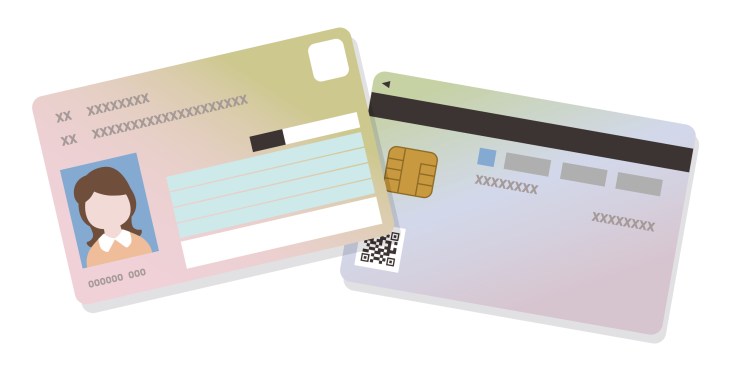When we think about identity in the digital world, it usually involves a username and password, but Merit (originally called Sigma) wants to help governments issue digital credentials that link back to a government license database with the goal of bringing an end to flimsy paper cards.
Today the company announced a hefty $50 million Series B. Rose Park Advisors led the round with participation from prior investors a16z, Bow Capital and Govtech Fund, along with new investors Experian Ventures, Spike Ventures, InState Capital, Collier Fund, Metaplanet Holdings and other individual investors. Merit has now raised $80 million, according to the company.
Company co-founder and CEO Tomer Kagan said that idea is to create a verifiable online digital identity. A driver’s license is proof that the state gives you the right to drive, but one that is delivered in the analog form of a plastic card. Merit wants to change that by moving these credentials into the digital realm and linking them to a government database.
“You need to be empowered to share information about yourself with a third party that is programmatically verifiable, meaning it is just known to be true because I am passing along something that was given to me by an organization that you can verify came from that organization. So what we did is we built a platform over the last five years that actually handles this by allowing organizations to connect to other databases,” Kagan explained.
The company spent the last five years working with various governments to build connectors to these licensing databases to allow third parties to access the data and have it update automatically. So if you are a plumbing company, you can display your employees’ plumbing credentials on the company website and have them update automatically when the license is renewed (or show that it wasn’t).
One of the higher-profile examples of this was a project Merit put in place last summer after the tragic collapse of a building in Miami. In just one month, the company built a system for verifying which vendors and personnel were allowed onto the site, a project that involved verifying the identities of more than 16,000 people, according to the company.
For now, at least, the company has to work directly with each government entity that it makes a deal with. Each project requires its own workflow and connectors, but Kagan said that each project also builds on the next, so it’s not like starting from scratch with each new customer.
Today, the company has around 70 employees with plans to get to around 100 by the end of the year. As he adds personnel, Kagan said that he has thought a lot about how to build a diverse and inclusive company.
“Our non-engineering teams look pretty diverse today. But of course, like everywhere else, we’re always trying to increase, for example, our female representation in engineering. What’s really helped is that we’re fully remote. Getting out of the Bay Area has actually been really helpful in terms of diversity hiring,” he said.
Kagan said that fundraising during the pandemic was a pretty stressful exercise, and he had to convince some investors that his company’s business model, selling services to the government, was a viable strategy. Some investors wouldn’t invest in companies that deal primarily with government contracts by policy, but in the end, he raised $50 million, so there were plenty of investors willing to go that route.
